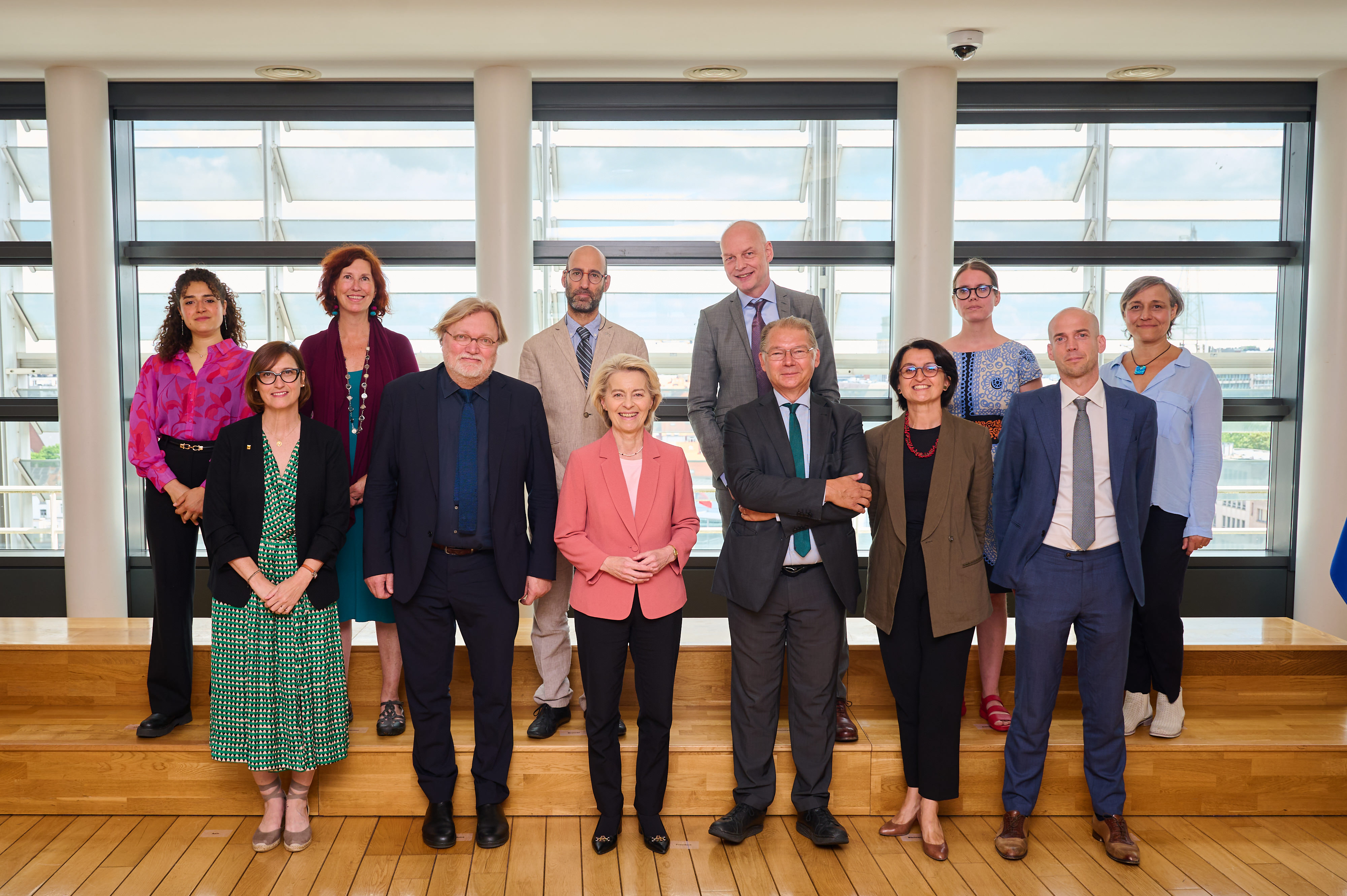Today, together with members PAN Europe and WECF, HEAL’s Executive Director Génon Jensen participated in the Implementation Dialogue on Biocides hosted by the EU Health Commissioner Várhelyi.
Brussels, 20 February 2017 – The International Association of Mutual Benefit Societies (AIM) wrote to EU health ministers on Friday to urge them to take “proper action” on endocrine disrupting chemicals (EDCs). (1) This follows the publication of an AIM Declaration on Endocrine Disrupting Compounds, which expresses concerns about the effects of human exposure to these chemicals and says that reducing exposure would “undoubtedly have positive effects on healthcare systems and economies as a whole.” (2) AIM, which is a member of the Health and Environment Alliance (HEAL), is an umbrella organisation of non-profit health mutual and health insurance funds with 64 members from 31 countries. It provides health coverage to 240 million people worldwide and to 209 million in Europe. The alert comes prior to an important European committee vote on EDCs that is expected to take place at the end of February. Christian Zahn, President of AIM, says: “Population-wide health systems must be defended from the ever-rising costs of the chronic diseases to which EDCs contribute.” His letter asks EU health ministers to urgently consider the opportunity to avoid the ever-rising health care costs associated with exposure to EDCs. This step, the letter says, is vital “for safeguarding European health and guaranteeing the sustainability of our healthcare systems”. AIM recommends that health ministers seek a unanimous position on the proper regulation of EDCs with environment and agriculture ministries. The call is timely. On 28 February, the EU Standing committee on Plants, Animals, Food and Feed (PAFF) is likely to take a decision on the European Commission’s proposed criteria, which implements a crucial part of how EU pesticides law regulates EDCs. The letter signed by AIM president and national members calls for “proper EDC criteria”, based on sound scientific evidence, “which establishes clear categories to enable ranking the substances according to the different weights of evidence.” The Commission’s proposal has been revised several times following criticisms of previous versions from Member State and scientific experts. The Commission is likely to take the new proposal to a vote. “This proposal is still not right. The national representatives should hold out for what is both scientifically and legally correct because that is what will protect the public from the health threats of EDCs,” says Lisette van Vliet, Senior Policy Officer, Health and Environment Alliance (HEAL). HEAL has been raising awareness of the health risks and costs associated with endocrine disrupting chemicals for more than 10 years. It has published its own report on the likely costs of exposure to EDCs in Europe in 2014. (4) It has also promoted reports from the World Health Organization on EDCs (5) and findings from the Endocrine Society on the health costs of exposure to EDCs (6). The AIM Declaration adds a major new organisation to a growing group of international and national health groups calling for policy action on endocrine disrupting chemicals. The Endocrine Society, which is the largest global membership organisation representing professionals in endocrinology, sharply criticized the Commission’s most recent draft proposal on the EDC criteria. (7) In 2015, the International Federation of Gynecology and Obstetrics (FIGO), published an opinion which said that dramatic increases in exposure to toxic chemicals in the last four decades was threatening human reproduction and health. At that time, Gian Carlo Di Renzo, MD, PhD, Honorary Secretary of FIGO and lead author of the FIGO opinion said: “We are drowning our world in untested and unsafe chemicals and the price we are paying in terms of our reproductive health is of serious concern. Reproductive health professionals “witness first-hand the increasing numbers of health problems facing their patients, and preventing exposure to toxic chemicals can reduce this burden on women, children, and families around the world.” (8)


